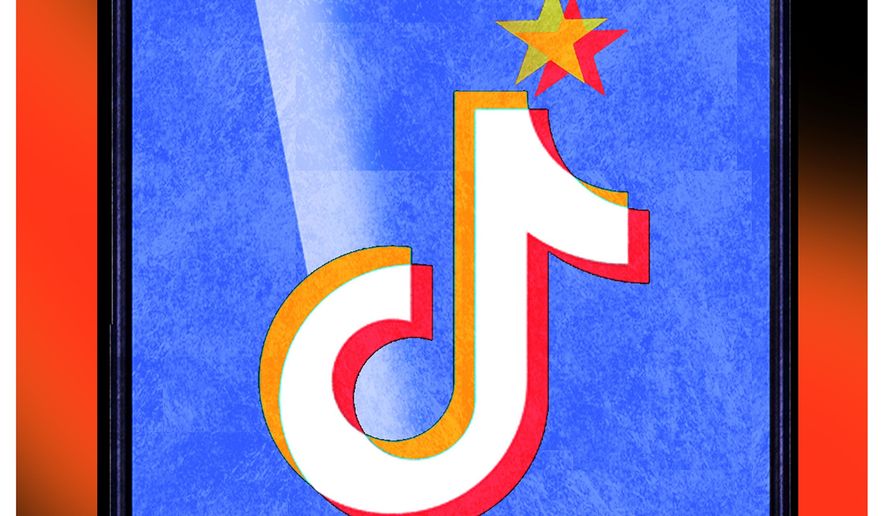OPINION:
Americans have their reservations about banning products, especially when doing so resembles censorship. In the best of worlds, consumers would be smart enough to turn up their noses at questionable products such as TikTok.
When the damage being done results in an epidemic of stupidity, though, wisdom is the first casualty. The social media app stocked with rapid-fire videos is turning many young Americans into TikTok dum-dums.
Eye-candy clips of primping fashionistas and talking cats merely waste precious time.
But videos of soulless influencers urging their credulous followers to view Hamas’ war on Israel through the eyes of long-dead terrorist Osama bin Laden and his textual justification for murdering nearly 3,000 Americans are demented.
Exposed, TikTok apologized for this content Thursday.
It’s no secret that the platform has become the destination of choice for smartphone-toting youths eager to scan breaking news or mind-meld with the hippest trends in cyberspace. The app has been downloaded more than 220 million times by America’s 341 million citizens.
A Pew Research Center survey released last week finds 32% of Americans under 30 turn to TikTok for their news, up from just 9% in 2020. Adults 30 to 49 tap the app for news in smaller numbers — just 15% — and the 50-and-older crowd remains in single-digit percentages.
While few would rely on social media for an in-depth explanation of, say, “Bidenomics,” there is ample evidence that habitual users of the China-based video-hosting service wind up suffering from “TikTok brain,” a noticeable degradation of mental function.
Noting that youth embrace of social media is nearly universal, the Office of the U.S. Surgeon General earlier this year released an advisory stating:
“Despite this widespread use among children and adolescents, we do not yet have enough evidence to determine if social media use is sufficiently safe for them — especially during adolescence, a particularly vulnerable period of brain development.”
Research shows that the app’s brief videos reward the viewer with a series of pleasing dopamine rushes, producing the same effect as an addiction. Sensations that rewire the brain to crave short-term stimuli and to avoid interactions bereft of similar stimuli seem the very antithesis of “sufficiently safe.”
The effect is a reduction of attention span and memory. The ability to think problems through to their solution and the mental fortitude to persevere through hardship to success — qualities necessary for successful maturity — are diminished.
Public officials face thorny decisions regarding how to balance freedom of expression with the risks that TikTok poses to both human health and national security.
During his presidency, Donald Trump was wise enough to call for TikTok’s Chinese owners to spin off the platform, thus taking the app out of the control of an implacable adversary.
President Biden nixed the effort initially but then signed a 2022 law banning the app on federal devices. At least 34 states have done the same. In May, Montana became the first state to bar the app on all devices within state lines.
Better than bans, though, would be a fresh fad in which young Americans laugh at those who have joined the ranks of the “made in China” dum-dums.




Please read our comment policy before commenting.